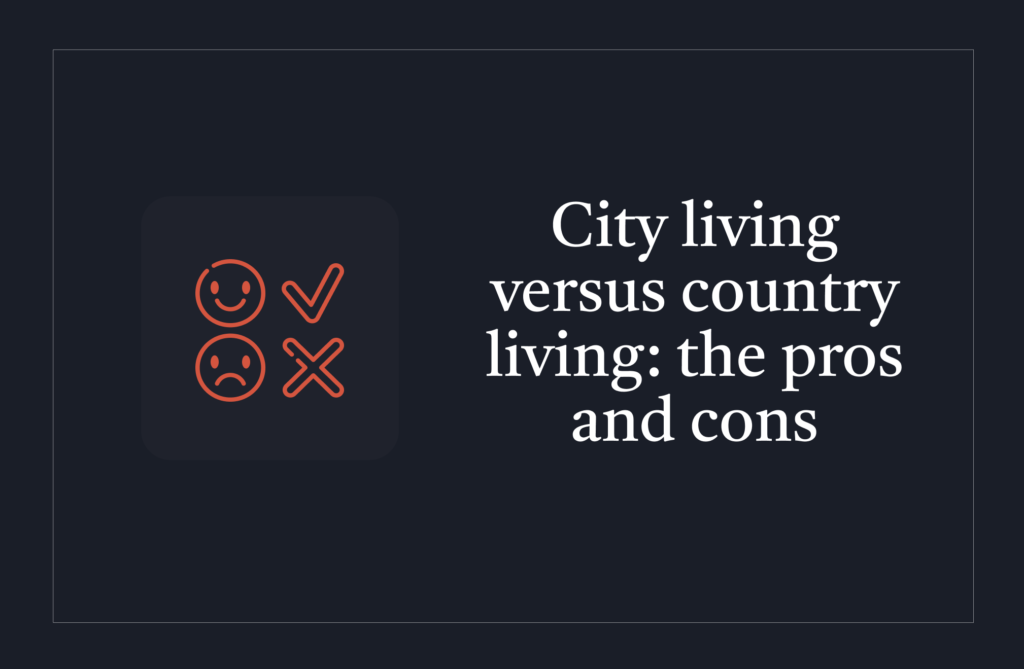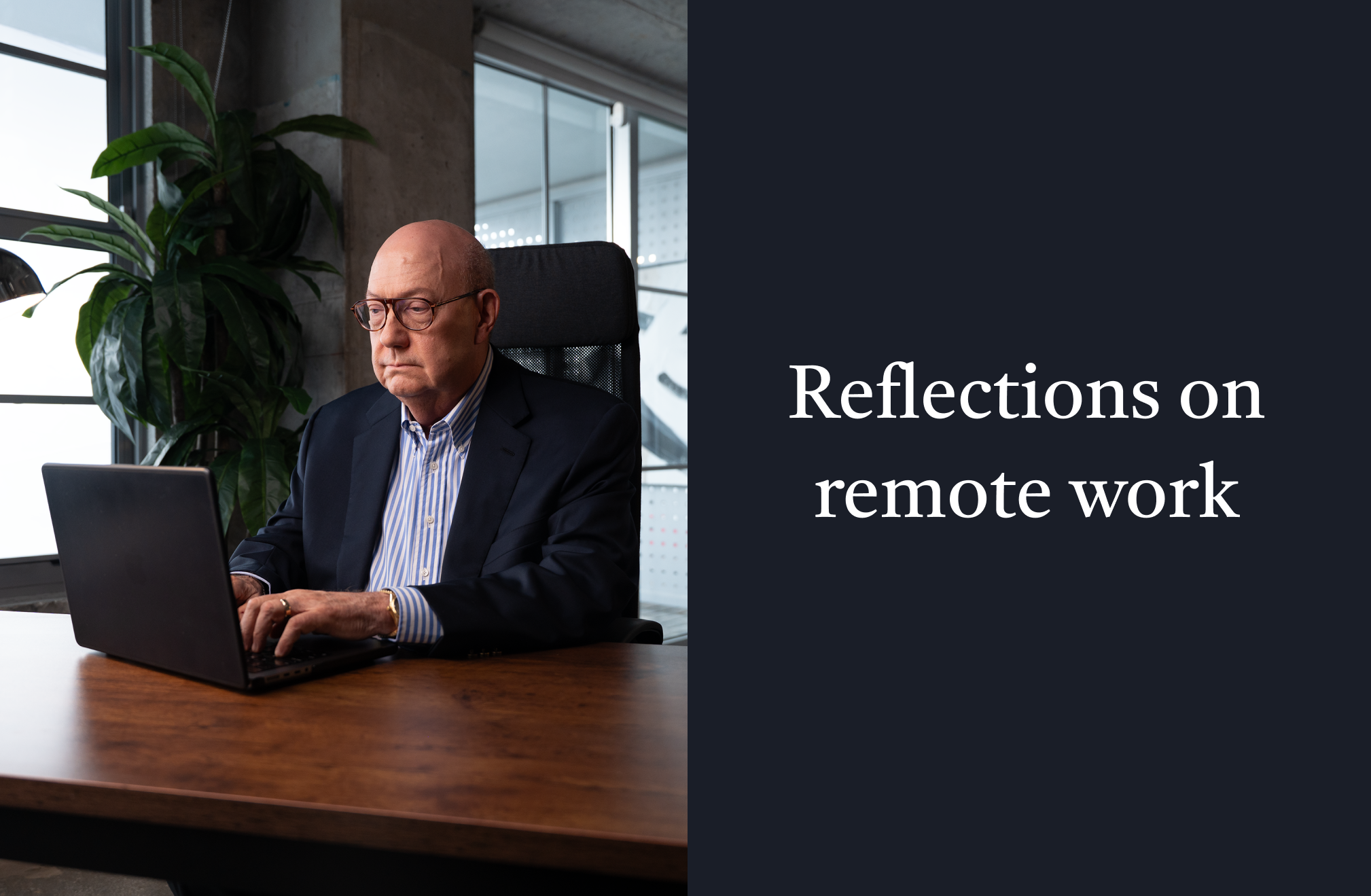
Is it better to live in the city versus the country? I’ve experienced both, and understand the pros and cons of each lifestyle. It’s a question on many people’s minds at the moment as the cost of living increases, families grow and priorities change. Living in a town or city can provide better access to employment opportunities, public transport and services, and cultural activities. Whereas living in the country can often give you a greater sense of community, encourage sustainable practices and even improve mental health. What’s more, following the Covid-19 pandemic, the ability to make the most of natural spaces and spend time outdoors has become a top priority for many, especially those with a family and pets. The increased possibility of remote work has also been the green light to many who were waiting to move outside the limits of the metropolis.
As the housing market grows more competitive and city centers around the world cater increasingly to visitors and holiday-makers, how important is it to evaluate our living situation and even consider making a change? Let’s reflect.
Property prices on the rise
According to the National Association of Realtors, the median U.S. home-sale price as of February 2024 was $384,500, a jump of 5.7% compared to the same month in 2023. Such a significant increase in house prices has prompted many of us to reconsider our living arrangements and move from the city to the suburbs or even further into the countryside. Rising urban real estate costs have made city living increasingly unaffordable, leading home buyers to seek more spacious and affordable options outside metropolitan areas. There’s no denying that the countryside offers a lot more square footage for your money. The idea of having a larger home and even a yard for the same price or less than in the city is enough to convince many people to move towards greener pastures.
Access to public services and cultural activities
Having easy access to public services and cultural activities can present a challenge to people living in rural areas. Whilst I enjoy living in the countryside, this is a personal pet peeve. Public healthcare centers, libraries, cultural centers, recycling facilities, social care and schools tend to be more sparsely located in rural areas in order to cater to a wider geographical population. Even access to the public water supply and plumbing system can be challenging, resulting in extra costs and further complications regarding sanitation.
City home owners on the other hand seldom run up against challenges in accessing public services. There is also likely to be a much more established public transport infrastructure, which allows city-dwellers to reach different parts of the city quickly and easily, without the need for a car. A vibrant cultural and gastronomic scene also goes hand in hand with urban life. Cinemas, theaters, museums and concert halls are often found within walking distance, and if not, once again public transport is normally a viable option connecting different areas of the city.
Employment opportunities
As regards employment opportunities, city living typically offers more employment opportunities, especially in specialized, more creative or high-paying industries, such as tech or finance. Recent graduates for example would be much better off living in or nearby a big city, in order to expose themselves to as many opportunities as possible. As a young professional, it may be necessary to complete a work placement or internship before moving into paid employment. In order to learn from reputable companies and get a foot in the door, I would encourage anyone starting out in their career to consider city living. It really can offer the best chances of understanding the modern workplace.
That being said, in a post pandemic world, many employers have come to realize that maybe they don’t need to rent so much office space as many more established professionals are happy to work remotely, saving the company thousands of dollars every month in rental fees. In this sense, some employment opportunities are equally as accessible whether you live in the city or country, as all you need is a strong internet connection and a good webcam.
Quality of life and mental health
Whilst public services, cultural activities and increased employment opportunities can be a real pull for people choosing between city and country living, there is a lot to be said for the improvements to quality of life and mental health rural life can bring. Urban areas can encourage more frequent physical activity, especially if residents walk or cycle to get around. However, access to green spaces and natural terrain can prove even more attractive to people who prefer to exercise outdoors. This is also a major decision-making factor for people with pets, primarily dogs, who are able to enjoy a much less built-up environment. I for one enjoy taking Kuna and Koda out for long walks and enjoying the quality of the fresh country air.
To read more about insights, book reviews and advice, check out the rest of my blog at william-erbey.com/blog.






